Toyota Material Handling Europe (TMHE)’s forklift production plant in Mjölby, Sweden was first established by...
Toyota Material Handling Europe (TMHE)’s forklift production plant in Mjölby, Sweden was first established by BT in 1952, and has since grown to be one of the world’s largest forklift truck factories. Since being acquired by Toyota in 2000, many changes have taken place and the company has experienced the impact of the legendary Toyota Production System (TPS). Anders Claesson, Managing Director of BT Products AB, reflects on the past few years.
“The main objective during the first few years was for Toyota to become acquainted with our operations and understand the existing manufacturing process. In the last few years however, TPS has been fully adopted.”
Since TMHE have incorporated the Toyota Production System into the Mjölby factory, they have seen significant changes to their manufacturing process. They have now changed from a station-based assembly of reach trucks to a production line system, with the aim to eventually rationalise their ten production flows down to five.
However, the main impact of TPS has been the focus on quality.
“Since implementing TPS,” continues Anders Claesson, “we have some clear statistics which show the results. We have always measured faults per truck as an indicator, and we have seen significant improvements in this area since incorporating TPS. Essentially, we have moved from having one person in the role of Quality Manager to a process where everyone is a quality manager. Every day we start with a short meeting in each section to identify any quality deviations, and everything is documented and followed to the root cause. The result is kaizen which means continuous improvement.”
Kaizen does not just affect TMHE’s main workers, but also their subcontractors; they expect the same continuous quality improvements to be made with all suppliers, and work closely with them to ensure that quality standards are met.
The other key term driven by TPS is muda or waste. Waste can come in many forms, be it wasted materials or wasted time. TMHE’s long-term goal is to completely eliminate waste from their operations.
Overall, Anders Claesson believes that TPS has benefited Toyota Material Handling Europe (TMHE)’s customers. “Quality production means quality products, and our customers expect maximum product reliability, otherwise their operations suffer. TPS is the starting point for customer processes, which is then further reinforced with our field service operations. A good measurement for us is the cost of warranty claims, which have been reduced as a result of applying TPS.”
It would seem that the implementation of TPS within TMHE has meant higher quality from every individual production process, timely deliveries, and more structured working methods through standardisation. The workforce at TMHE now have a better overview of their work and less stress because they can rely on receiving the right parts on time, and can therefore plan their workload better. Employees can also be assured that the company is focusing on safety and creating good working conditions.




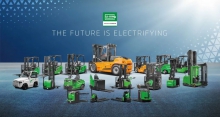
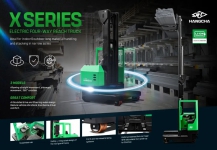
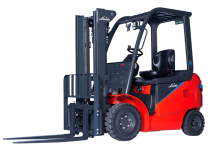
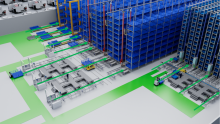


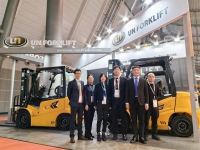
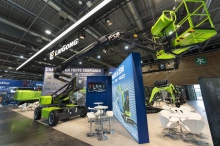
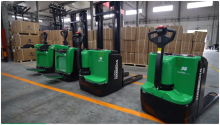
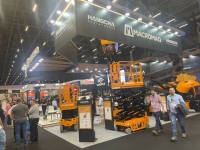


 粤公网安备 44010602003952号
粤公网安备 44010602003952号